The 20th Anniversary of the landslide victory by the rank-and-file over a juggernaut of Australia’s elites —the mainstream media, most politicians, big business and various celebrities —is coming up. It should never be forgotten that the elites had tried to force on the nation a dangerous politicians’ republic. Their favourite weapon was ridicule.
Underneath it all was the fact that their republic would have been the only one in the world, or even in recorded history, where a prime minister could sack the president without notice, without any grounds and without a right of appeal. This was a fake republic. Yet it commanded the loyalty and forceful support of the establishment.
This was an early manifestation of the increasing madness of the Western ruling elites, impregnated as they are by the long march of the often-demented cultural Marxists through our institutions.The real communists in Beijing must be laughing.
On 6 November this year, some of those who led the campaign and some of the almost 60,000 foot soldiers who delivered it will come together. This will be not only to reminisce. Following John Howard’s wise caution to Australians for Constitutional Monarchy, it will be to ensure that the sleek ACM machine which delivered victory is ready for the threatened attempt to force a republic onto an unwilling and uninterested nation, even if it involves vandalising the constitution.
Sadly, among those who will not be there are some who have left this world, including those real republican leaders who had the rare integrity to oppose the malodorous politicians’ republic, the legendary former Brisbane Lord Mayor, Clem Jones and the nation’s most honest politician, Ted Mack.
Another potential invitee would have been Cardinal George Pell whom the republican movement had persuaded, as probably the Convention’s most prestigious appointed delegate, to move the formal motion for the adoption of the Keating-Turnbull model for the referendum. When he did so, he especially honoured the monarchists who had refused calls to use their numbers to impose the ‘least-worst’ and easiest-to-defeat republican model.
‘Yesterday,’ he said, ‘the monarchists voted with discipline, integrity and honour. Lloyd Waddy (my predecessor as ACM convenor) was the very model of a modern major-general. They did not vote tactically. Their virtue brought its own reward. Republican disarray yesterday was our own doing. The republicans know well that to divide is to rule even when the division is self-inflicted.’
The Cardinal will no doubt find solace that in his recent appeal the only judge with a strong criminal law experience was clearly of the opinion that he must be acquitted.
Returning to the people’s decision in 1999, this is even more significant when we consider the massive media support for the Keating-Turnbull republic and the fact that Prime Minister Howard, a monarchist, had bent over backwards to be fair. As a result, the overwhelming majority of the appointed and ex officio delegates turned out to be republican, the choice of the model and the referendum question were left entirely to the republicans and their model went to the referendum although passed only by a plurality .
After twenty barren years, pushing this dead issue only ensures that this is a distraction from real constitutional reform. And now another issue has been added to the agenda, indigenous recognition.
There is a lesson on this which became obvious to me during the 1999 referendum campaign. This related to frequent questions from campaign workers about our chances if we won and the republicans insisted on a repeat referendum.
I was able to tell them that whenever what was essentially the same question had been put, the people had never once changed their mind. There were even occasions when the same question was put five times.
But there was a sinister side to this. When I looked at each of those referendums proposing more power to Canberra, I concluded that not one would need to be repeated.
The politicians were now openly exercising the very powers the people had specifically refused to give them.
How could this be in a democracy? The answer lies in the High Court’s interpretation of the Constitution and in politicians’ and judges’ refusal to be bound by referendum results.
Much, but certainly not all of this, has depended on their interpretation of just two words in the Constitution, ‘external affairs’.
This brings me again to the proposal on indigenous recognition. Even in the most minimalist form now proposed by the Morrison government, this will do absolutely nothing to ‘close the gap’. Worse, it is more than likely that in the hands of the judges there will be unintended consequences.
With issues like republicanism and indigenous recognition cluttering the constitutional reform agenda, real constitutional reform is rarely discussed. This is our greatest problem, the dramatic decline in the quality of government. Because of a lack of attention to this our most serious issue, the country is facing an increasingly bleak future.
Despite constant questioning I cannot find anybody who can identify one significant problem confronting our nation which, if it were not created by the politicians, has not been made significantly worse by them.
This must concern all Australians, not just for themselves but for their children and their grandchildren.
We are approaching disaster on a number of fronts. We have forgotten the way our ancestors formed one nation for one continent. This, it must be stressed was only achieved, in the extraordinarily short time of four years, by directly involving the people under the now forgotten Corowa Plan.
We can do that again to fix up the disasters the politicians — and the politicians alone —have created and will keep on creating .
So forget about fake constitutional change. Call an elected unpaid reform convention under a new Corowa Plan.
Got something to add? Join the discussion and comment below.
Get 10 issues for just $10
Subscribe to The Spectator Australia today for the next 10 magazine issues, plus full online access, for just $10.
You might disagree with half of it, but you’ll enjoy reading all of it. Try your first month for free, then just $2 a week for the remainder of your first year.

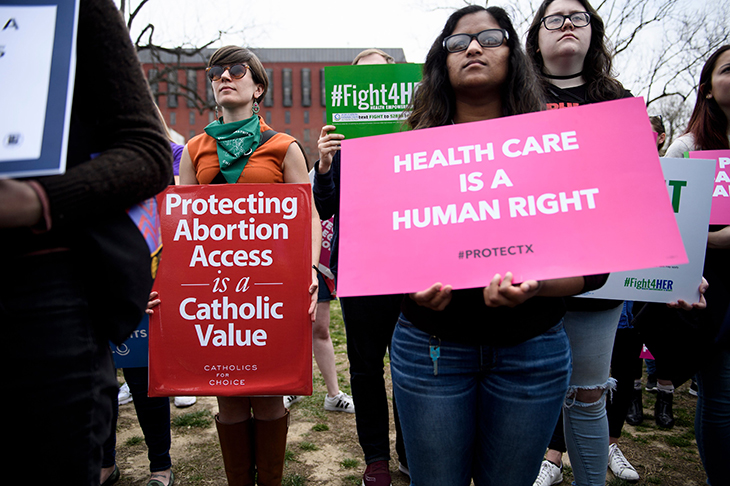
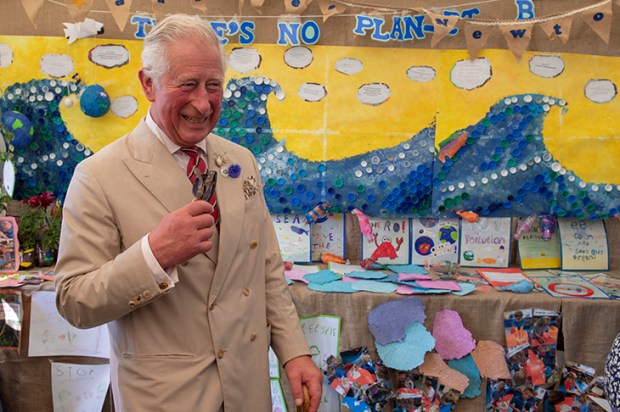
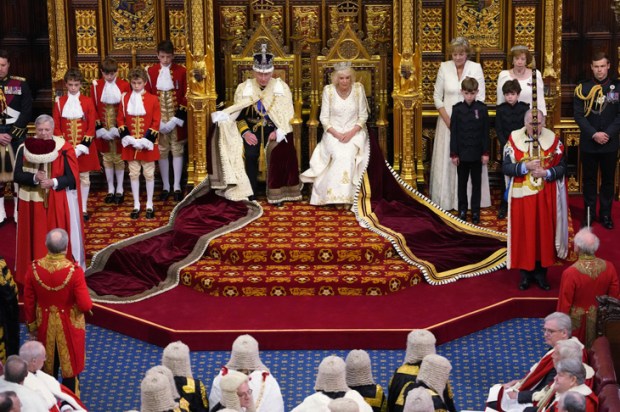
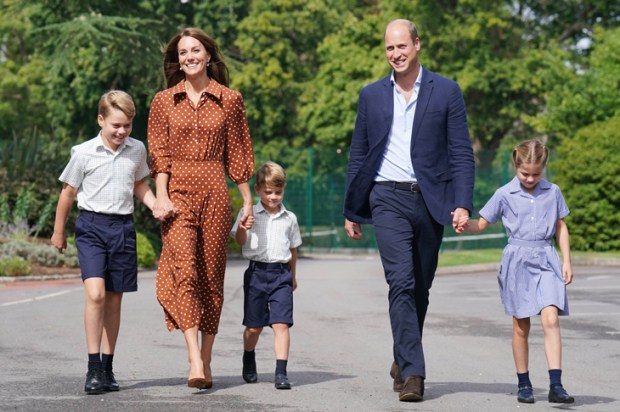
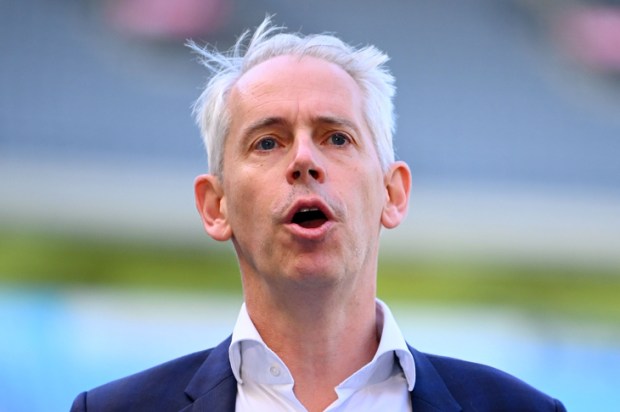








Comments
Don't miss out
Join the conversation with other Spectator Australia readers. Subscribe to leave a comment.
SUBSCRIBEAlready a subscriber? Log in